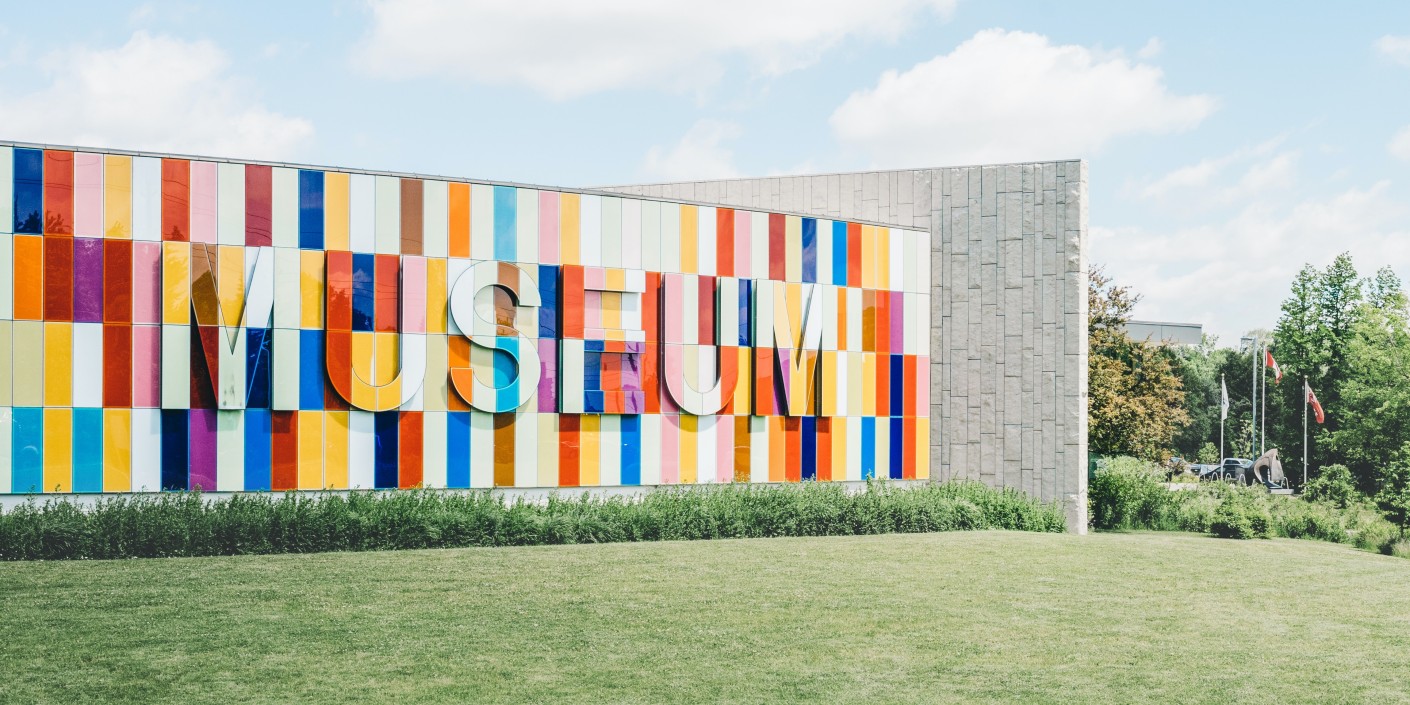
WHAT ARE WE FIGHTING FOR THEN? The time has come to be worried about and take responsibility for the sustainability of our culture
October 21, 2023 17.30
When a proposal was put in front of the government to cut funding for culture in order to support the war effort in World War II, according to the well-known historic legend, Prime Minister Winston Churchill turned it down by responding: “Then what are we fighting for?” Sustainability has become a directive we keep referring to in our every-day lives, a concept that determines our personal and professional decisions. The importance of our struggle for the sustainability of nature, our broader environment, energy or even such things as growth, development and various other factors is unquestionable. However, we rarely, if ever, hear about the significance of sustaining our own culture, our cultural treasures created in the past or present. But then if we are ignorant to the sustainability of culture, what are we finally fighting for then? The poorness of “culture” manufactured for and consumed by the masses in large quantities, the weakening influence of those who create and protect our “real” cultural, artistic values, and the society’s decreasing attention to culture and art of high standards are all warning signs, symptoms to be taken seriously by all those socially sensitive and responsible. But is the fate of culture really so alarming? Why are we so concerned about culture when people live longer and consume more than ever before in the history of mankind? What do the arts really add to the quality of our existence? What factors have led to the decreasing role and significance of art and culture in our lives? What are the possibilities and what tools are available for the art community to maintain and regain the audience without the lowering of artistic standards? What shall be the techniques and instruments of winning their attention back or even deepening their curiosity, of making art more attractive and accessible to the public? Who else, other than just the art community, should and could take responsibility and action for the sustainability of our culture?
Speakers:
Prof. Dr. Thomas GIRST - Global Head of Cultural Engagement at the BMW Group - München
Kaspar Mühlemann HARTL - director of Museum in Progress, Vienna
Litza JUHÁSZ - Chief Museum Educator of the Vasarely Museum Budapest – Budapest
Milorad KRSTIC - Painter and multimedia artist - Budapest
Lucia PIETROIUSTI – Curator, Head of Ecologies at Serpentine - London
Moderated by:
Zoltán SOMHEGYI - Associate Professor of Art history, Károli Gáspár University - Budapest
